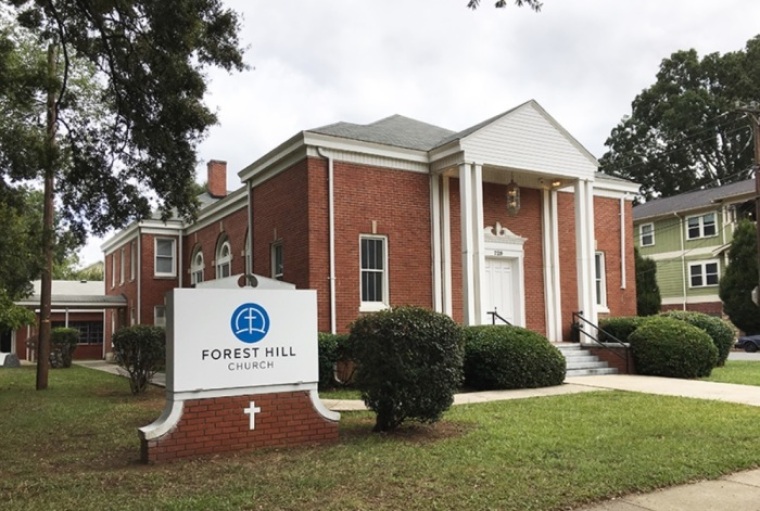Dying churches merging with megachurches a growing trend, some oppose 'drastic change'

In recent years many congregations in the United States have seen their membership numbers drop to the point where they were forced to close down.
Two such examples were Johnston Memorial Presbyterian Church, a Presbyterian Church (USA) congregation, and Ebenezer Associate Reformed Presbyterian Church, both located in Charlotte, North Carolina.
The two congregations experienced decline due to a host of factors, according to Stacey Martin of Forest Hill Church, a multisite church based in Charlotte, in comments to The Christian Post last month.
"Both of these churches had at one time been very reflective of the communities in which they were planted. Over time, however, both dwindling and aging congregations realized that they were no longer effective in reaching or representing the communities around them," explained Martin.
"Because of gentrification and redevelopment of the areas around these churches, the demographics had changed, and these congregations realized they did not have the ability to be nimble enough to respond to the changes."
Martin told CP that Forest Hill had connections to the two churches and, as a result, they were invited to purchase the two properties and make them part of their network of campuses.
"Forest Hill was invited in, not only because of the relational connection I previously mentioned, but because of a recognition that our approach to ministry was biblical, effective and unencumbered by some of the tradition and history that many denominations feel," continued Martin.
"Our nimbleness around organizational growth and fiscal stability gave them confidence about moving forward in partnership with us."
And so it was that Johnston Memorial Presbyterian became Forest Hill's NoDa Campus and Ebenezer ARP became Forest Hill's South Boulevard Campus, becoming two of Forest Hill's six campuses.
The two Presbyterian congregations becoming part of Forest Hill is not a rare occurrence, but rather is an increasingly sought after solution for small dwindling churches.
Ron Edmondson, CEO of the Leadership Network, an organization that seeks to help provide strategic resources for church leaders, called church mergers "a rising and growing trend."
"Some 42 percent of multi-sites come by way of merger. The typical merger is a mainline church in decline merging with an evangelical, often non-denominational church," Edmondson told CP.
Read more from, "Dying churches merging with megachurches a growing trend, some oppose 'drastic change,'" on The Christian Post.